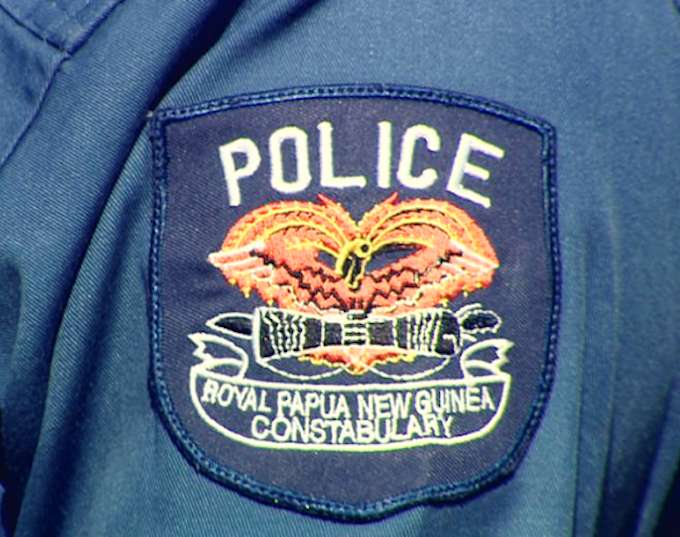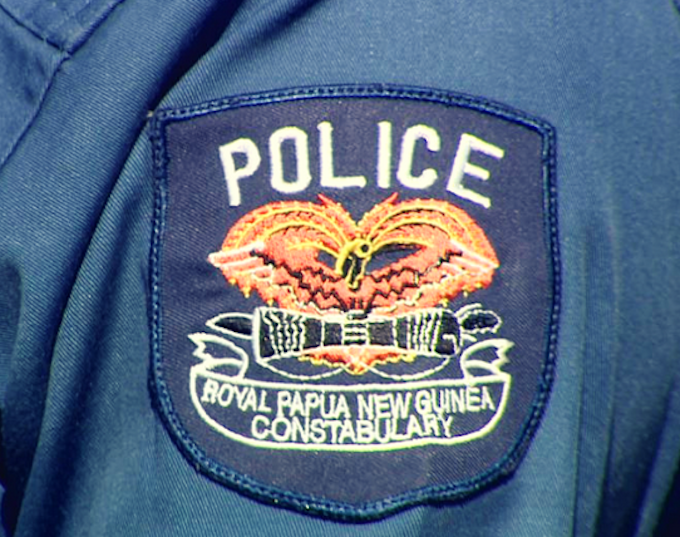
COMMENT: By Scott Waide, deputy regional head of news of EMTV News
Yesterday [Saturday], we received a lot of criticism over our coverage of the death of Senior Inspector Andrew Tovere.
As a news organisation, we have several responsibilities one of which is to deliver ACCURATE information.
READ MORE: Former PNG Defence Force chief calls for inquiry after policeman killed
Friday night’s incident presented several critical challenges:
Accuracy vs speed:
We had a situation that could have turned nasty if we had carelessly pumped out information as demanded by social media users. Yes. There is a place for breaking news and being first with information. However, given the situation [on Saturday], accuracy was of primary importance. I personally issued instructions to be careful of how we handled the situation.
Any sensationalism could have got us an enormous amount of traffic…. and… contributed to tipping the city into chaos jeopardising the negotiation work that was being done by senior PNG Defence Force (PNGDF) and Royal PNG Constabulary (RPNGC) commanders behind the scenes. In short, we could have added to the complication and contributed to more deaths, had we not been careful.
– Partner –
Papua New Guinea is different. We all know that. I am urging everyone to look at the big picture in circumstances like this. Do not succumb to the lust for breaking news and dead bodies. As I said, there is a place for it.
Yesterday [Saturday], in my opinion, was not the place for it. We lost one senior police officer, and bear in mind, a human being with a family, a tribe and colleagues who could have taken a different course of action.
There is an editorial team made up of the head of news, the online editor, myself and other senior reporters that works everyday to verify incoming content. It is a lengthy ongoing process. It’s not “poor journalism”. it’s actually good journalism to verify and check sources. Good journalism is about accuracy and balance.
We have to care about our country.
News cannot, always, be handled like what you see in America, Australia and other countries. Our team always tries to take into account the wider impact on the community. A community made up of families, clans and tribes. That is a difficult task with no room for selfishness and sensationalism.
Verification:
While many will want to jump at the opportunity to share information circulated, we have to verify the details of what happened. We presented an honest, unsensationalised account of that happened also clearly stating that it was a developing story and that we would provide updates as things happened. There is nothing wrong with being honest and cautious.
We placed reporters at Port Moresby General Hospital to verify that a death had occurred then sought clarification from the RPNGC command and the police minister. We shared when we were sure everything we had was accurate.
Live broadcast (controlled and uncontrolled situations):
Quite a few people demanded “live coverage” of the shootout. Unfortunatley, it rarely happens in real life in UNCONTROLLED situations like a shootout. Some said we should be “risking our lives” to get accurate information. While I have team members who can do that, the answer for me as a team leader is NO.
I don’t have to explain this, but there are so many misconceptions related to this that sometimes, the comments border on fictional expectations. We don’t usually go to a scene and prepare for a police shootout to happen.
Let’s be realistic.
Scott Waide is a frequent contributor to the Pacific Media Centre’s Asia Pacific Report. Here he gives some insight into journalists’ dilemmas with news judgement, ethics and responsibility in Papua New Guinea in response to social media criticism of EMTV News coverage. The comment was first published on his Facebook page.
Article by AsiaPacificReport.nz





